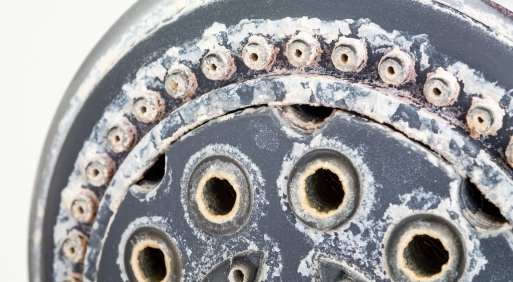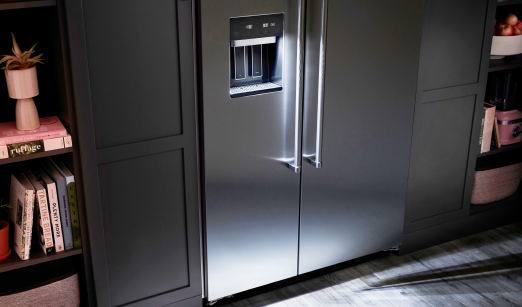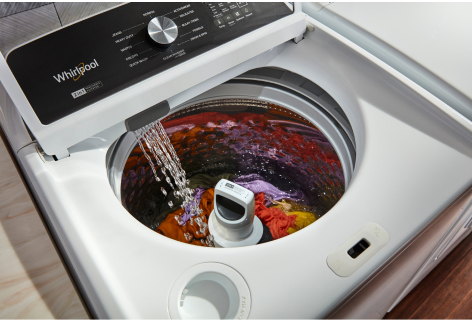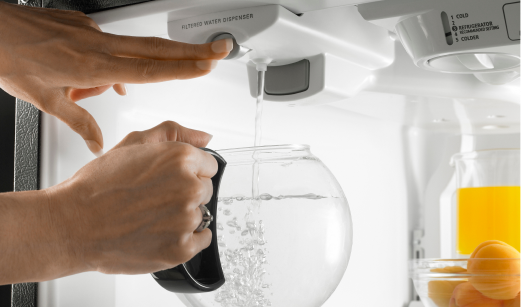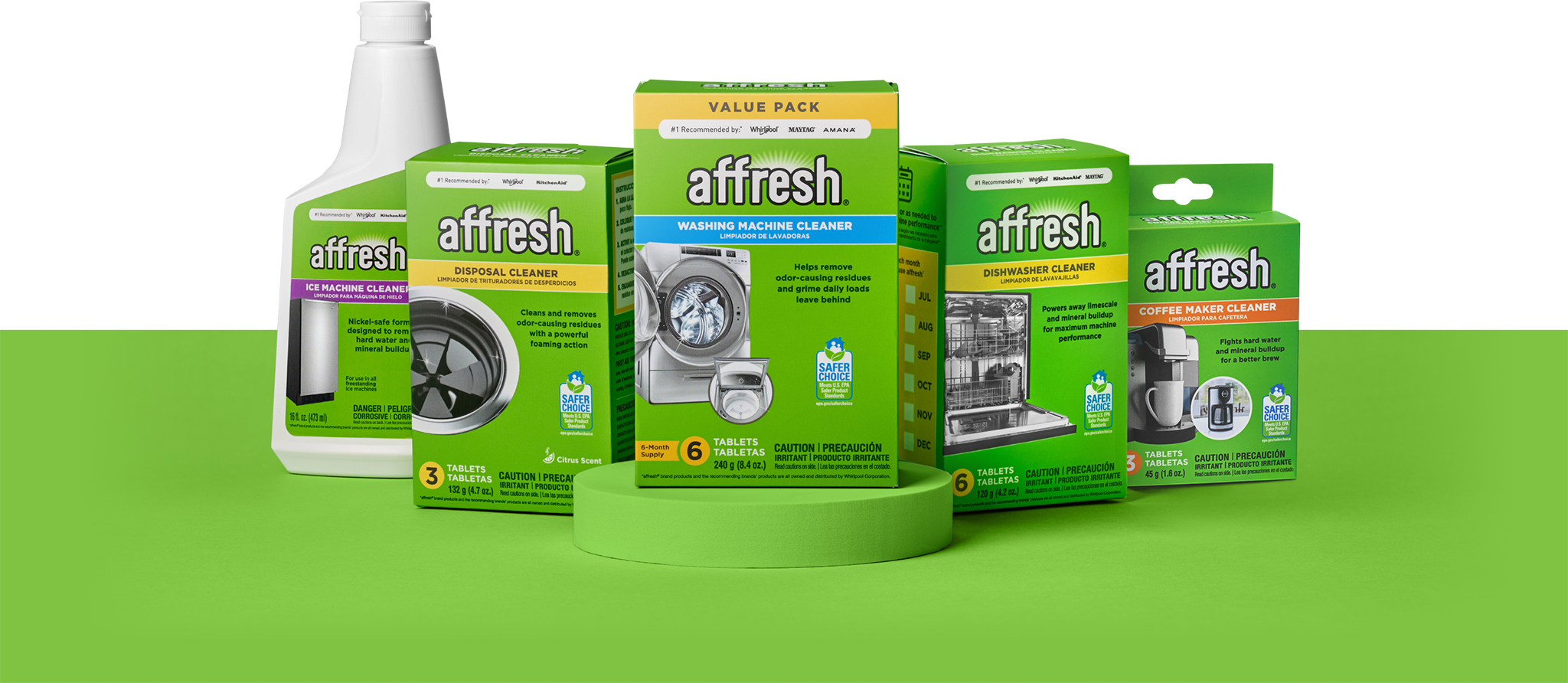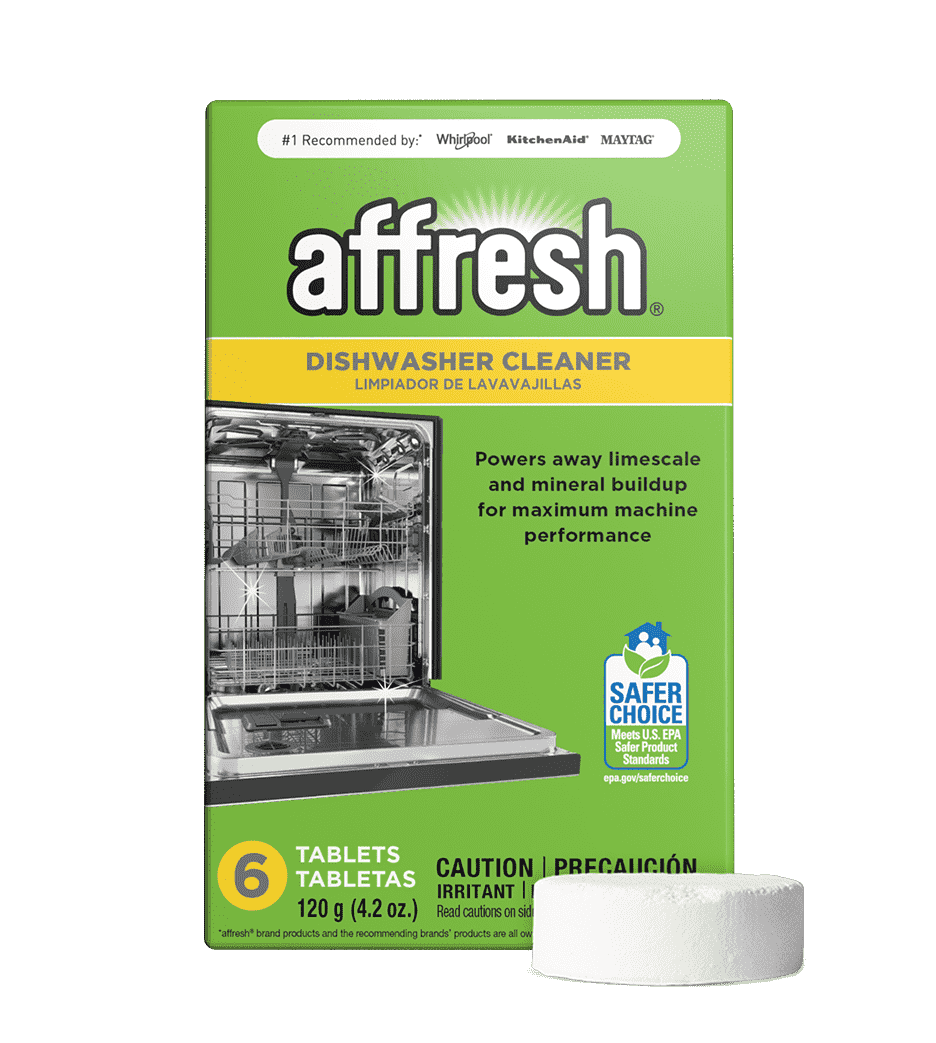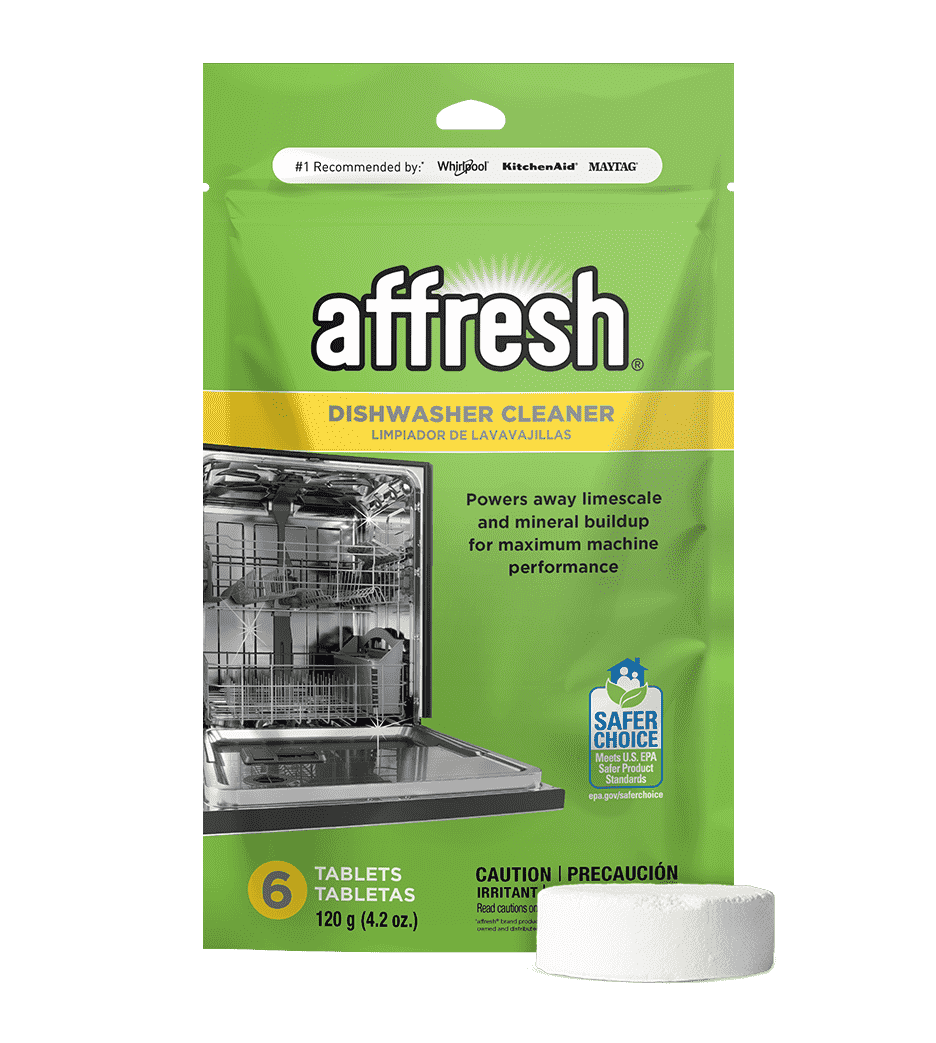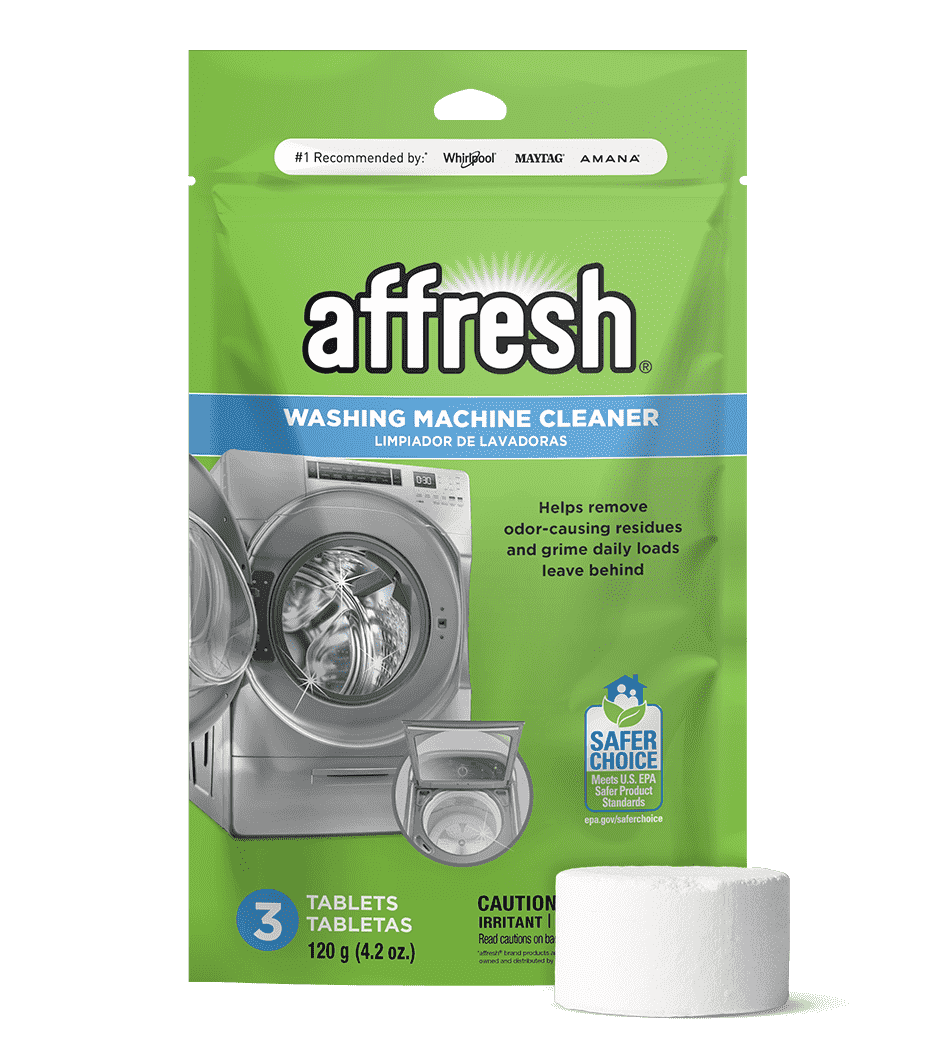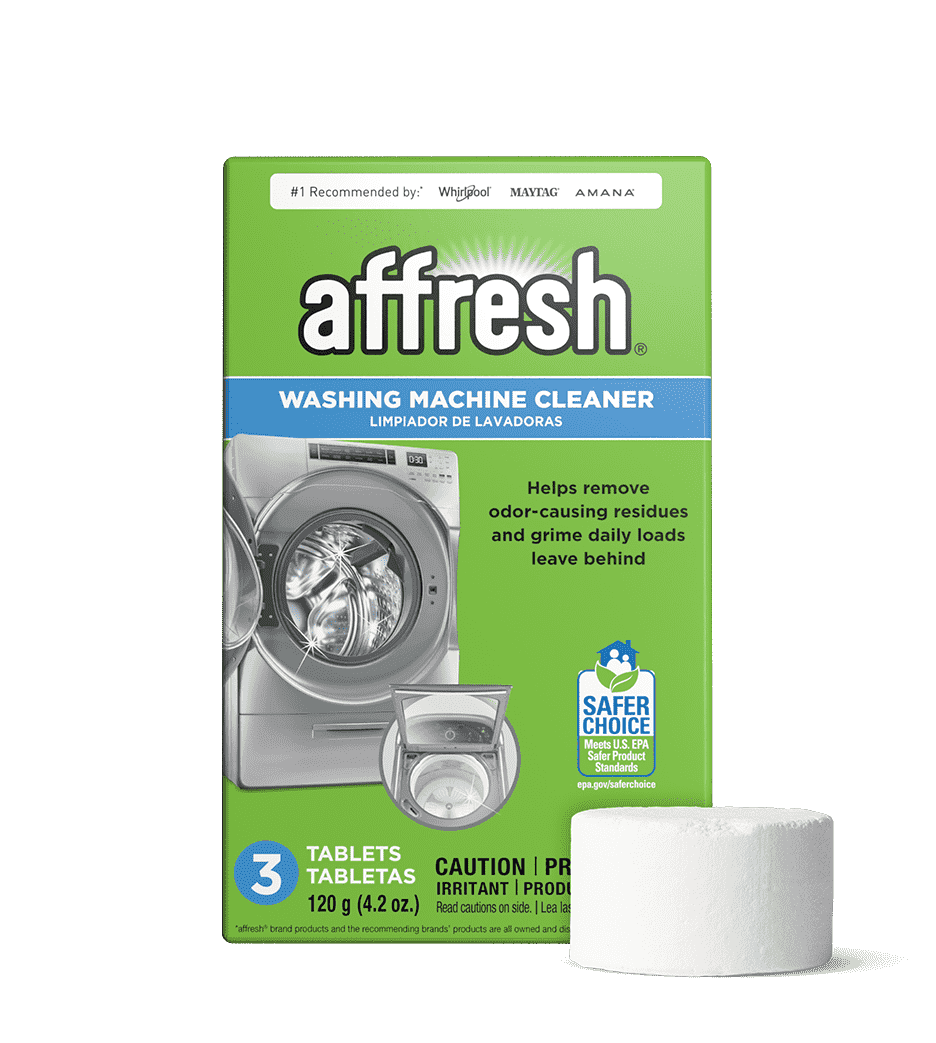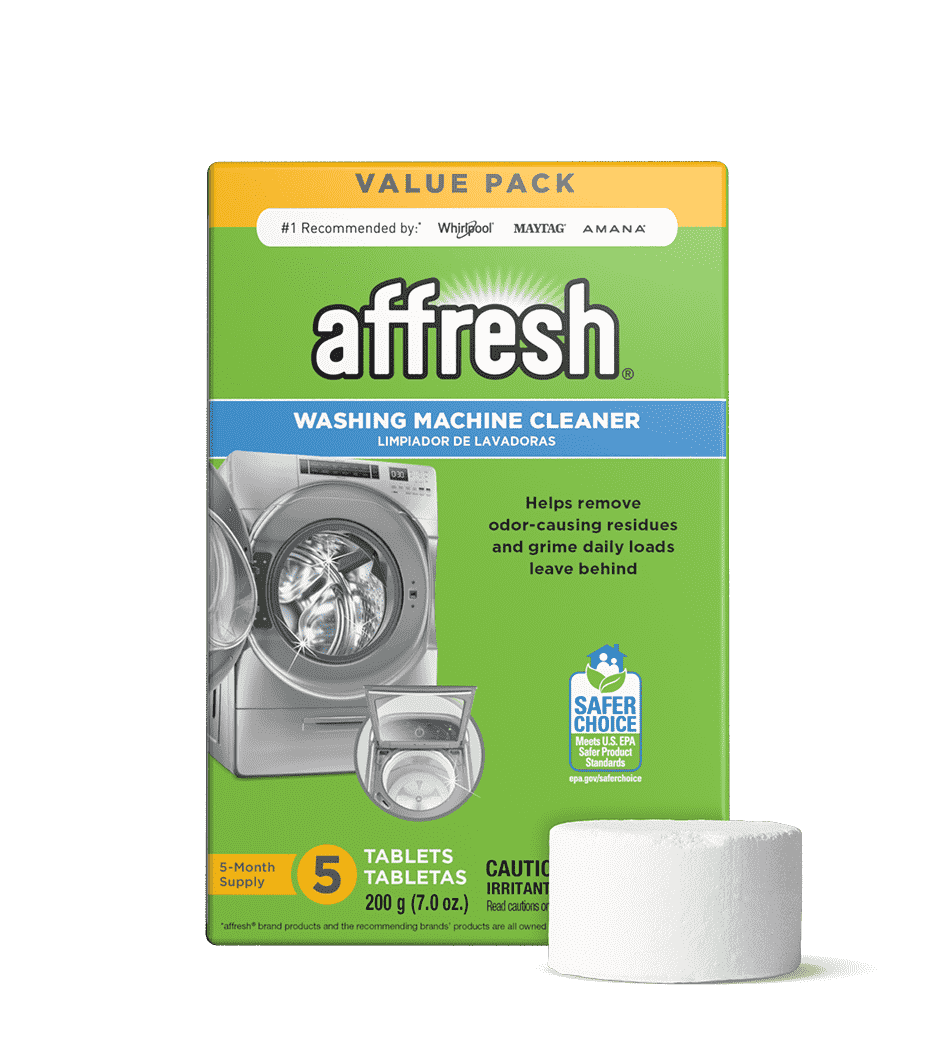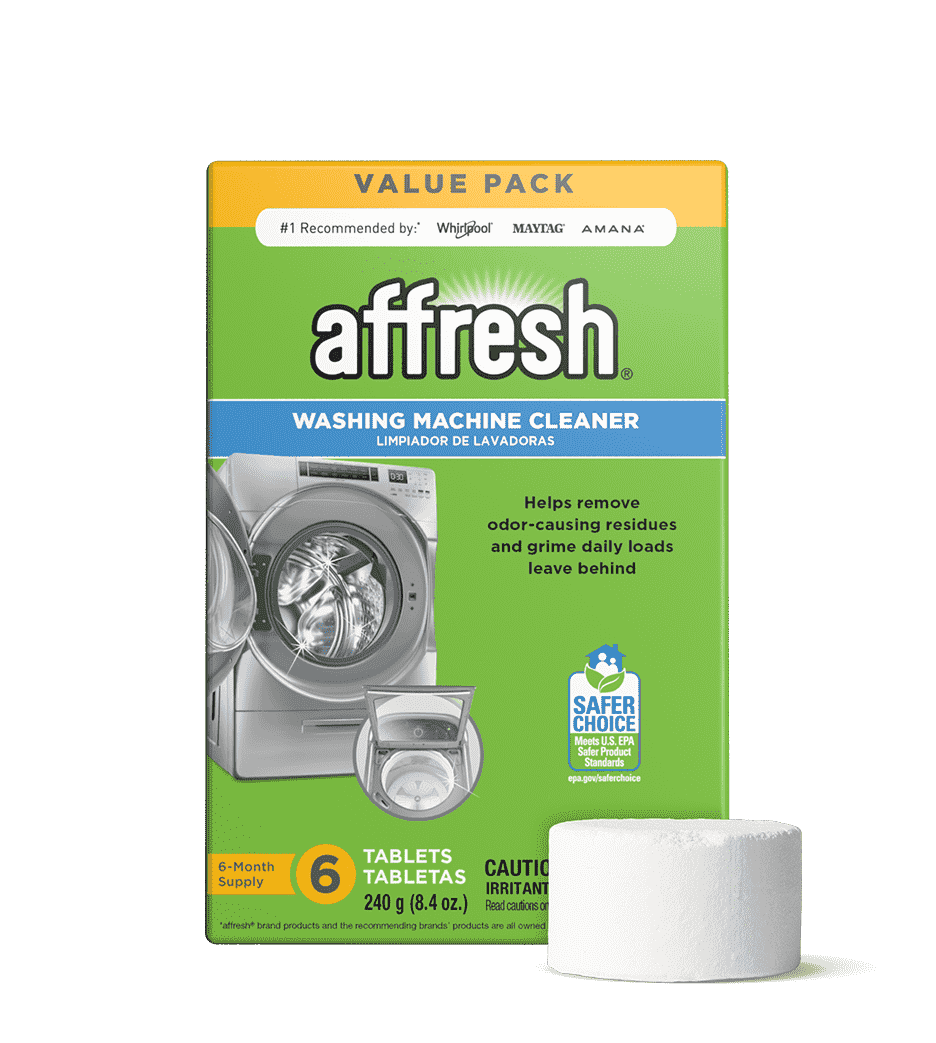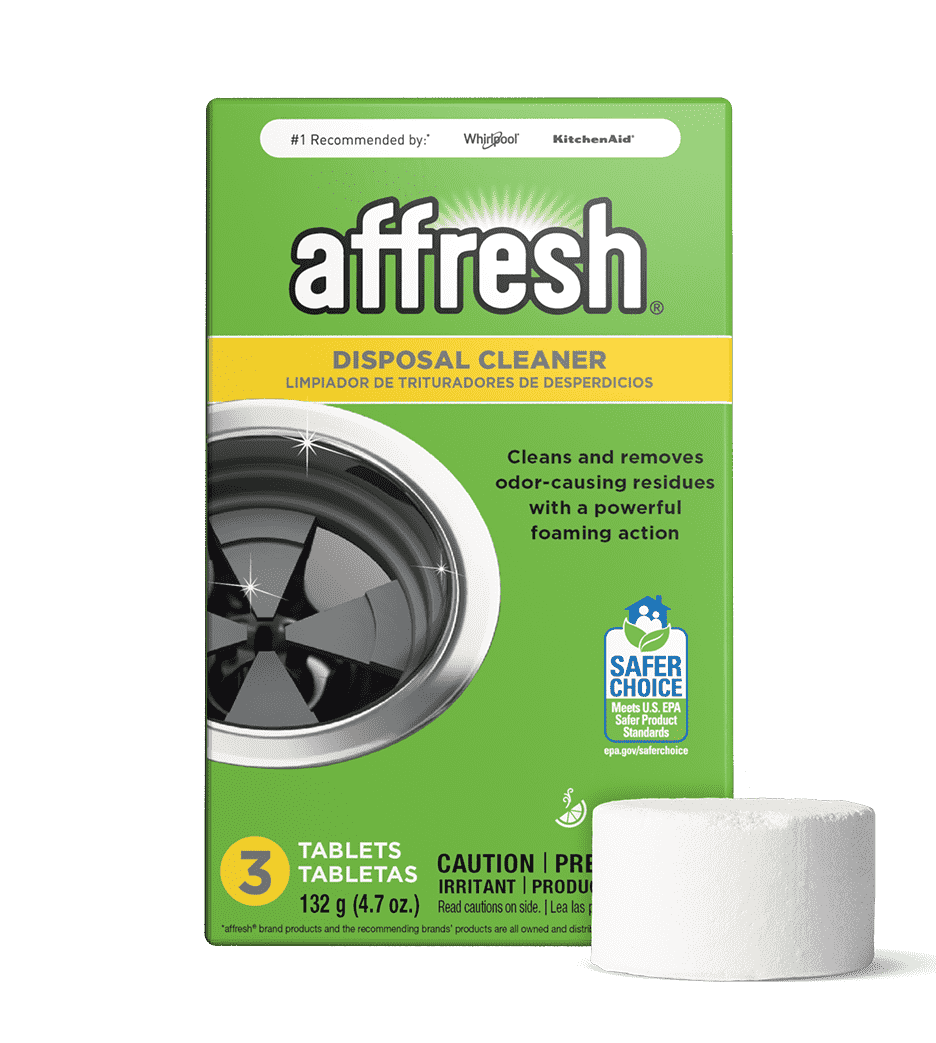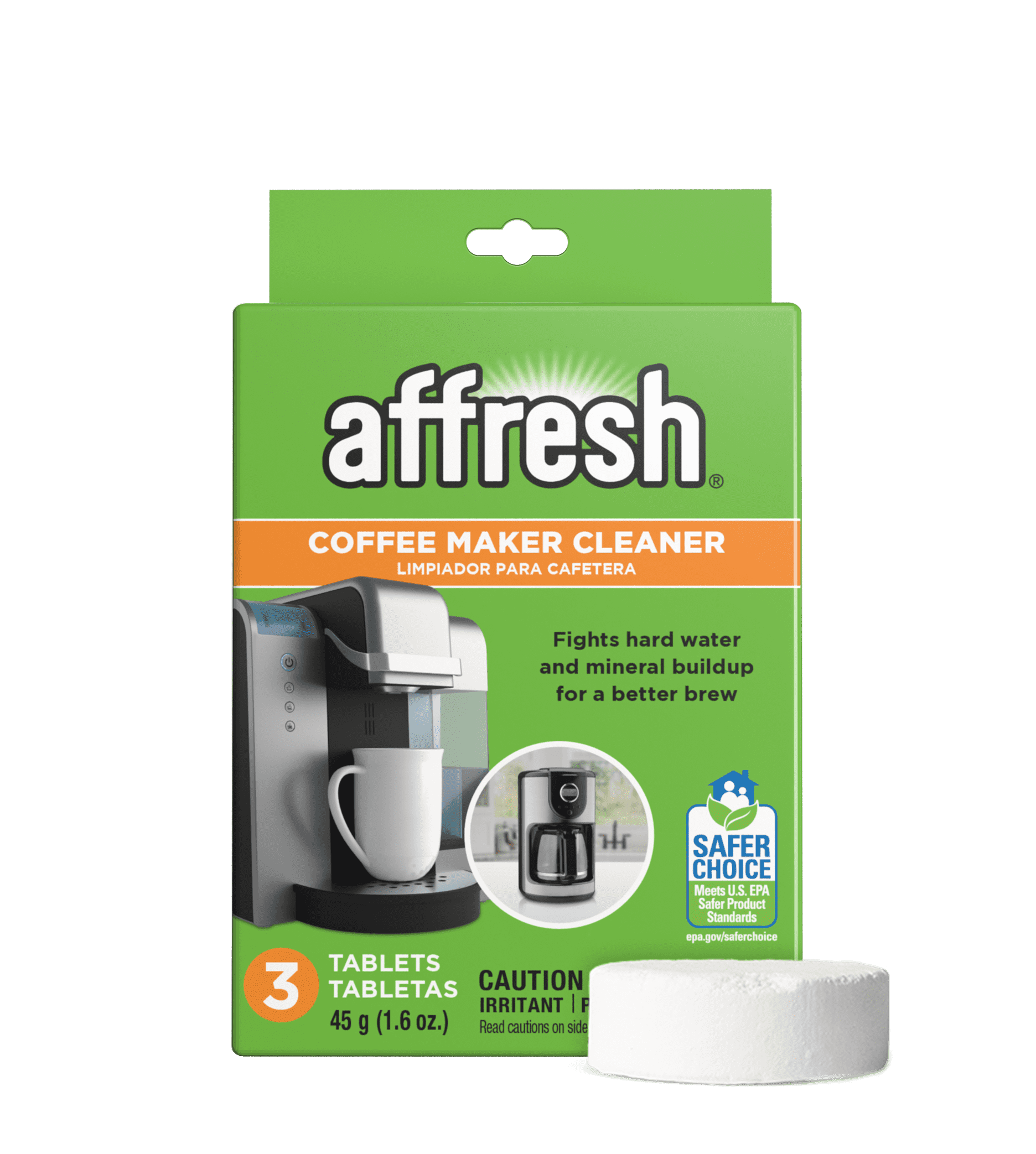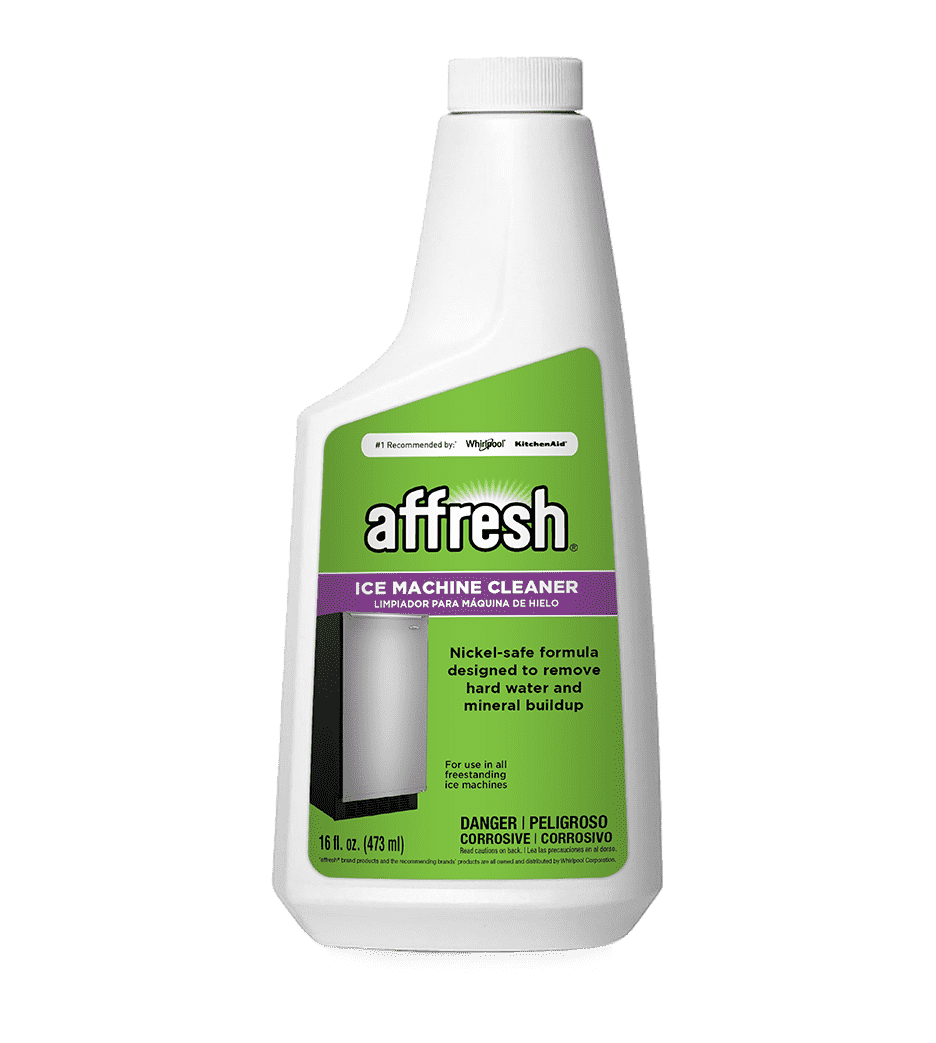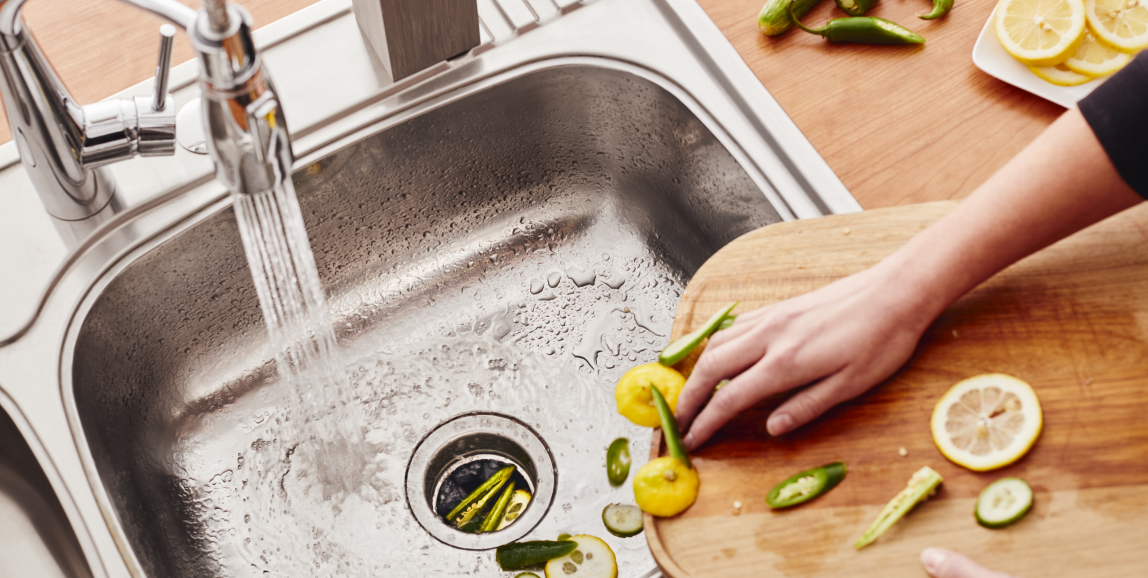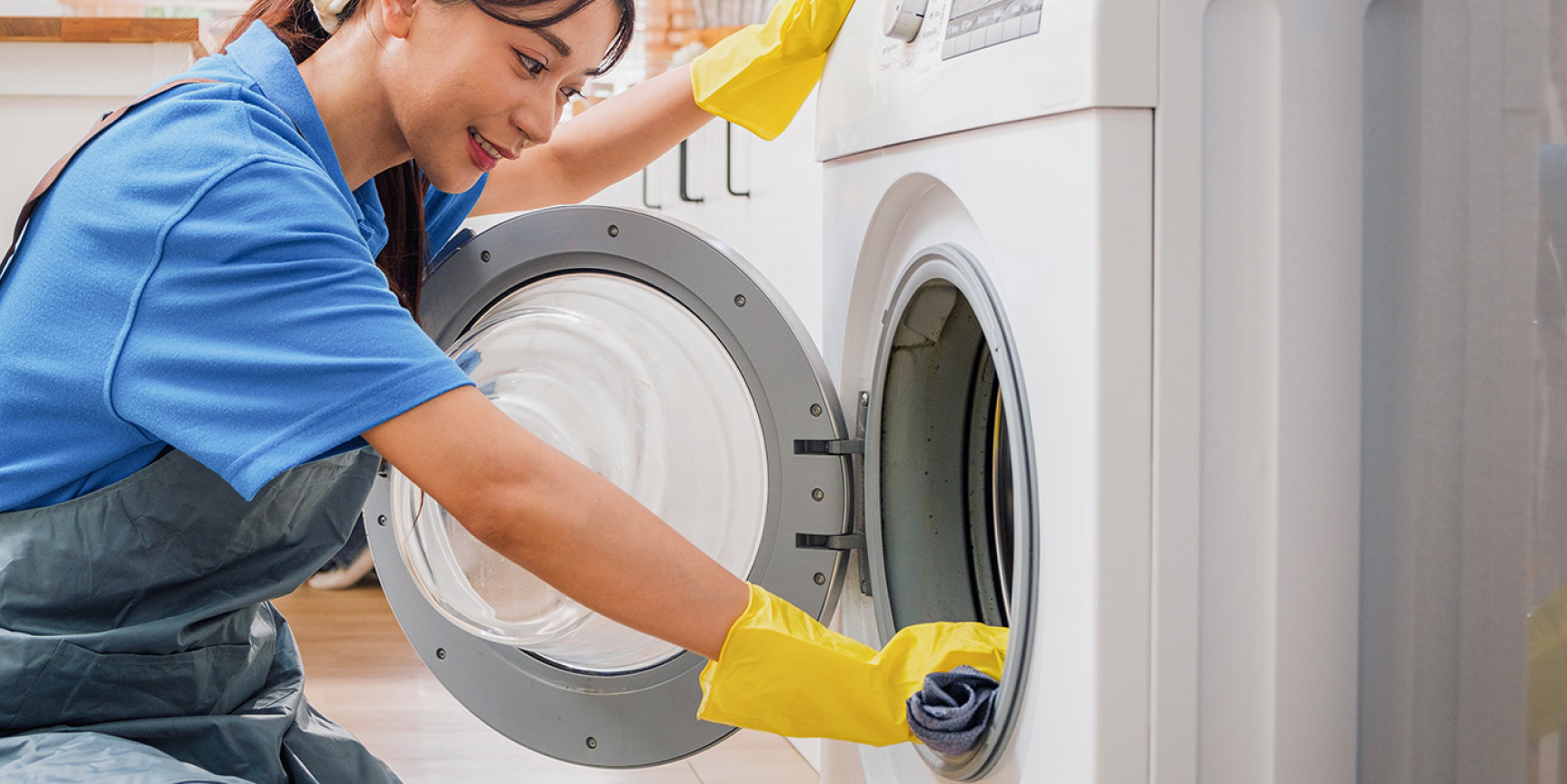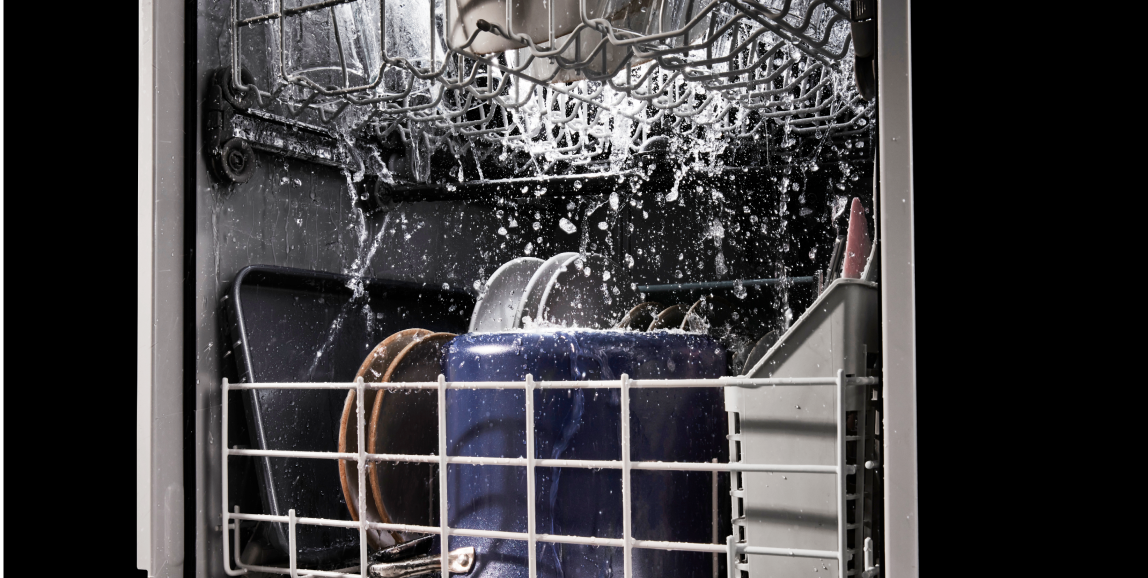
The Effects of Hard Water on Appliances
Have you ever seen a white film on the inside of your dishwasher or white buildup on your showerhead? If so, you may live in an area with hard water. Hard water is a natural phenomenon in many places, but one that can cause issues with your appliances over time. That’s why it’s important to learn how hard water impacts your appliances and what you can do to minimize the effects.
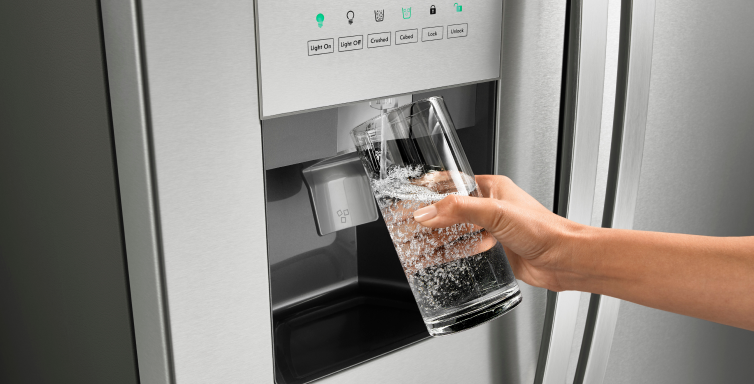
What Is Hard Water?
Hard water is water that contains variable, but high levels of dissolved minerals such as calcium and magnesium. Hard water is safe to drink and clean with, but can cause unsightly stains on sinks and tubs, as well as damaging clothes and pipes over time.
In addition to the hard water consequences listed above, hard water can cause chalky residue or spots to appear on dishes. Hard water scale can also buildup on faucets and white porcelain. In worst case scenarios, hard water buildup can collect inside of pipes, causing clogs and low water pressure.
What Causes Hard Water Buildup?
As groundwater moves through soil and rocks, it dissolves various minerals and metals. When this water flows through pipes and into your home, these minerals get deposited on surfaces like pipes and fixtures. Over time, these minerals layer on top of each other and create hard water buildup.
Why Is Hard Water Bad For Appliances?
In addition to leaving spots and soap scum behind, hard water can also wreak havoc on pipes and appliances by leaving mineral deposits behind. Hot water can cause calcium carbonate deposits to form in pipes, tubes, sprayer jets and other areas, which can cause problems with appliances over time.
What kind of problems? Scaly calcium carbonate deposits can become so thick that they clog pipes and tubes, especially small ones. This, in turn, blocks water flow and even water pressure, which can affect the performance of appliances like dishwashers, coffee makers, washing machines and more.
Can hard water cause problems in a dishwasher?
If you’ve ever noticed a white film on your glassware or a crusty white substance on your dishwasher’s heating element, then you’ve seen what hard water can do inside a dishwasher. Over time, these mineral deposits can clog spray jets, etch glass and cause your dishwasher to clean less efficiently.
Because hard water builds up over time, regularly cleaning your dishwasher can help keep jets, pipes and drains clear. Look for an appliance cleaner that is specially formulated to remove mineral buildup, such as affresh® dishwasher cleaner tablets. If you’re out of dishwasher cleaner, use vinegar instead — simply add two cups of vinegar to the bottom of your dishwasher and run a low heat or energy saving cycle.
Can hard water cause problems in a washing machine?
Washing machines can be negatively impacted by hard water just like dishwashers can. Hard water minerals can buildup in the wash tub, pump mechanisms and other areas you can’t see, damaging these mechanisms and leading to costly repairs. Hard water minerals can also bind with detergents, causing odors.
As part of your regular washing machine cleaning routine, use a cleaner that breaks up and clears away hard water buildup, like affresh® washing machine cleaner tablets. In addition to clearing away dirt and detergent residue, this specially formulated cleaner breaks down hard water minerals to keep pumps and other washing machine parts clear.
Does hard water affect other appliances?
In addition to major appliances, smaller appliances such as coffee makers and ice machines can be damaged by hard water minerals building up in pipes, hoses and jets. Even worse, hard water minerals can impart odd flavors, making your coffee and ice taste “off.”
Maintaining a regular cleaning schedule for coffee makers and ice makers can help remove hard water buildup to improve taste and keep pipes and hoses clear. Specialized cleaners such as affresh® ice machine cleaner and affresh® coffee maker cleaner are made to clear away mineral buildup in areas you can’t see, protecting components from mineral scale that can take a toll on these hard-working appliances.
Can I Prevent Hard Water Buildup?
The most immediate way of preventing hard water buildup is by wiping surfaces dry right away to keep the water from evaporating and leaving behind hard water stains. You can also use cooler water temperatures when bathing, washing dishes or doing laundry. While this will not prevent hard water buildup, it will slow down the process.
For a more permanent (and convenient) solution, you can invest in a water softener or descaler. These whole house systems use salt or electromagnetic technology to soften water, eliminating hard water buildup in pipes, appliances and fixtures.
How Can I Remove Hard Water Buildup?
The most common home remedy for hard water buildup is white vinegar or lemon juice, since the acids in these liquids can loosen and dissolve calcium and magnesium deposits. Commercially made cleaners can also remove hard water scale and stains from places like showers and faucets.
While vinegar and lemon juice are food safe, their acidic nature can damage stainless steel finishes or metals used in appliance components such as nickel. Fortunately, specialized appliance cleaners can remove hard water minerals in areas of your appliances that you can’t see, all while keeping the inner parts safe. Affresh® appliance cleaning products are formulated to work with all appliance brands to clear away dirt, residue and mineral buildup.
Keep Your Appliances Fresh And Clear With affresh® Appliance Care
Hard water minerals can be a nuisance, but it’s easy to manage with regular cleaning. Affresh® appliance care products make cleaning your appliances fast and convenient with cleaning solutions designed to clear away dirt, minerals and detergent residue. Explore the complete collection of affresh® appliance care solutions to find the right cleaners for your home.
